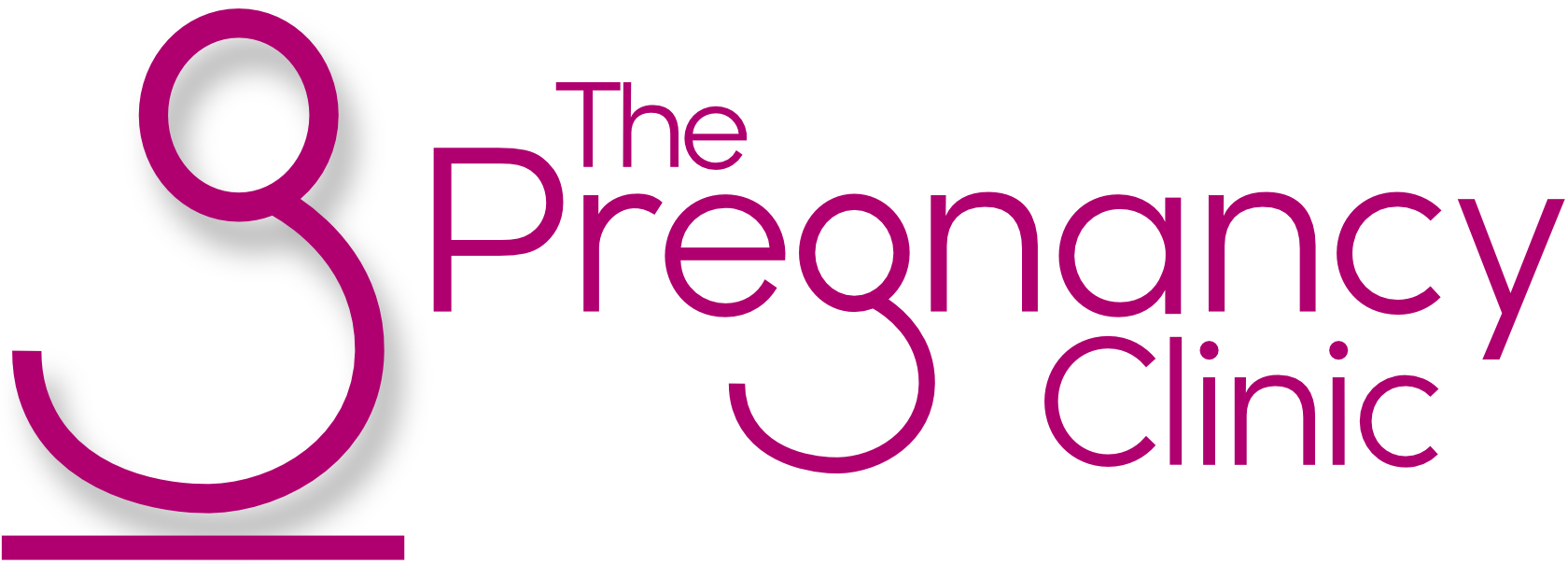
1st Trimester Scans
2nd Trimester Scans
3rd Trimester Scans
Reassurance scans
Nuchal scan (11-13 weeks)
The nuchal scan is one of the important appointments in the pregnancy. It is a comprehensive assessment of the well-being of the pregnancy and includes a personalised assessment of chance for common chromosomal abnormalities (Trisomy 13, 18, 21) and a detailed examination of fetal anatomy, placenta and the umbilical cord.
Who should have a nuchal scan?
All pregnant mothers should have a detailed scan at 11-13 weeks to assess the health and well-being of the pregnancy. One of the main reasons is to undertake combined screening for common chromosomal abnormalities including Down syndrome (Trisomy 21), Edward syndrome (Trisomy 18) and Patau syndrome (Trisomy 13). Majority of these chromosomal abnormalities occur accidentally by chance in any pregnancy and are not inherited; therefore, requiring an assessment for every pregnancy. At this appointment, we also undertake a detailed assessment of the baby’s structure and anatomy to rule out any major defects along with an assessment of the placenta and umbilical cord. The aim is not to just assess the chance for Down syndrome but to perform a comprehensive assessment of the health and well-being of the pregnancy.
What is combined test for chromosomal abnormalities?
The combined screening is a test which calculates a personalised risk for common chromosomal abnormalities based on information from the age of the mother, findings from the ultrasound scan and results of a blood test. The ultrasound scan provides information about fetal crown-rump length (size of the baby from head to bottom) and fetal nuchal translucency (fluid behind the baby’s neck) whereas the blood test measures levels of two proteins released from the baby’s placenta called free β-hCG and PAPP-A. All of this information is used to derive an accurate and personalised risk assessment for the pregnancy.
What is the early assessment of anatomy and structure?
The baby is in the process of developing at this stage and not all the organs are completely formed at 11-13 weeks. The appearance of important organs in the baby’s body is well described in medical literature and the aim of an early assessment at this stage is to ensure that the structure and appearance of these organs is consistent with normal development for this stage of the pregnancy. This provides reassurance and comfort to most mothers and parents by ruling out some of the major and/or life-threatening defects. In addition to the baby’s anatomy, an assessment of the placenta and umbilical cord will also be carried.
How is the scan carried out?
The nuchal scan is generally performed transabdominally (scanning through the abdomen) in majority of pregnancies. In some where clear views cannot be obtained, a transvaginal (internal scan) may be necessary. Unlike the early pregnancy scan, a full bladder is not required for the nuchal scan. An information leaflet will be sent to you by e-mail providing further information when you book for this scan.
How happens after the scan?
You will be explained the results of the scan in detail and provided with a comprehensive report including all the findings observed measurements obtained during the scan. All images obtained during the scan will be provided to you along with an electronic version of the ultrasound scan report.
How can I book my nuchal scan?
You can book your appointment by clicking the link here (Nuchal scan booking). Alternatively, you can e-mail appointments@thepregnancyclinic.com or call 01732 647072 to book your appointment. You will have the option of booking an evening or weekend appointment and the booking team from the clinic will contact you within 12-24 hours to book this.